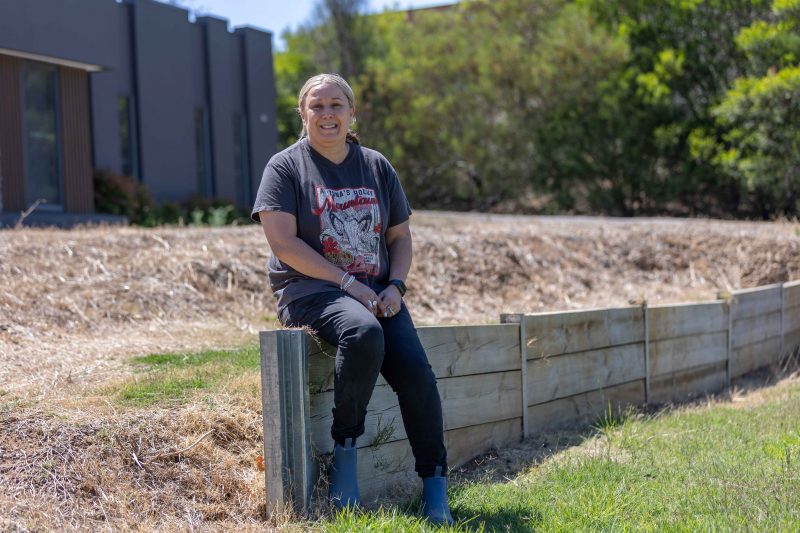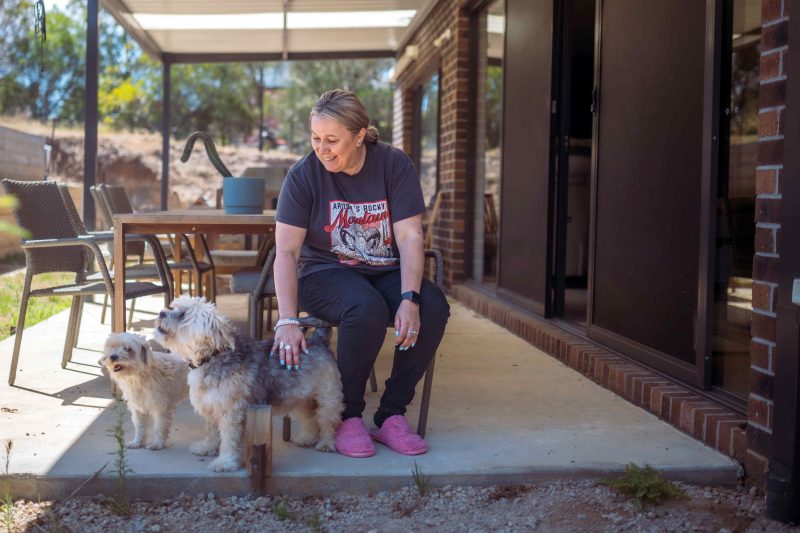Be prepared for snakes, anywhere, in hot weather
February 24, 2025in News
Don’t let a hiss-terical situation rattle you – paramedics are urging Victorians to slither safely through the rest of snake season after attending 129 suspected snakebites this summer.
From 1 December 2024 to 18 February 2025, paramedics have responded to 28 incidents in Hume, 24 in Loddon Mallee, 16 in Barwon South West, 33 in Metro, 21 in Gippsland and seven in Grampians.
Ambulance Victoria (AV) Director Emergency Management Dale Armstrong said of these cases, 125 people were transported to hospital.
“With hot weather continuing, the snakes are out, which means we need to be vigilant,” Dale said.
“Bites can often be avoided simply by being observant in areas that are likely to attract snakes, such as near rivers, long grass or sheds.
“Victorians can also take preventative measures around their home by keeping their property clear of rocks, logs and building materials, and keeping grass short.
“Most snakes in Victoria are venomous and a bite can be life-threatening.
“If someone is suspected to have suffered a snake bite, even if you’re not sure, you should call Triple Zero (000) immediately.”

Angela Malone at her Batesford property.
Batesford mum Angela Malone knows the dangers of snakes all too well after being bitten by one on her back doorstep.
After hearing her dogs barking, Angela walked outside and was instantly bitten on the foot by a tiger snake.
“It was very unexpected as I’d never seen a snake anywhere on our property before,” she said.
“I had a snake bandage inside but wasn’t sure where. I knew the worst thing to do was move around so I sat still.
“I called Triple Zero (000) and asked my son to pass me some washing from the laundry nearby which I used as a pressure bandage.”
Angela said it was a very stressful situation for her and her five-year-old.
“My son was scared and asked if I was going to die but I reassured him I would be okay,” she said.
“I knew to keep calm and when the paramedics came, they were fantastic. I was very thankful it wasn’t my son who got bitten.
“It really shows you need to be prepared and know what to do because a snake bite can happen anywhere. I’m very vigilant around the property now.”

Angela Malone sitting where she saw the snake with her two dogs Sonny and Albert.
Snake bites may cause pain and swelling around the puncture wound, or there may be very few signs left on the skin. Symptoms that snake venom has entered your body may include dizziness, blurred vision, breathing difficulties, nausea, muscle weakness or paralysis.
Dale said there are some basic first aid steps people can take while waiting for an ambulance if they’re with someone who suffers a bite.
“If a snake bite victim is unresponsive and not breathing normally, you should begin cardiopulmonary resuscitation (CPR),” he said.
“If the patient is conscious, it is important to keep them still and reassured while waiting for help – only move them if it is too unsafe to stay put.
“Snake bites commonly occur on hands, feet or limbs, so applying a pressure immobilisation bandage to the affected limb can also make a big difference to the treatment and outcome of a snake bite incident.”
The Australian Resuscitation Council recommends applying a pressure immobilisation bandage (snakebite bandage) starting at the fingers or toes and working up the arm or leg as far as possible, ensuring that the bite site is covered. If a bandage has already been applied to the bite, or if the bite is covered with clothing, the pressure immobilisation bandage should be applied over this.
If you don’t have a pressure immobilisation bandage, use a firmly applied regular bandage or an item of clothing at least 10-15cm wide.
Keep the patient as still as possible and, if able, use a splint of some kind to prevent movement of the affected limb. Do not remove the pressure immobilisation bandage until the patient gets to hospital.
People should not wash the site of the bite, as venom left on the skin can be used to help identify the type of snake and the anti-venom required.
Snake bite prevention and tips:
- Always give snakes a wide berth and allow them the opportunity to flee
- All snake bites should be considered a medical emergency
- Most (but not all) Victorian snakes are venomous
- Do not attempt to catch or kill a snake yourself
- Bite marks may not be obvious – seek help immediately and call Triple Zero (000) if you suspect you have been bitten.
If you or someone you’re with is bitten:
- Remember DRSABC (Dangers? Responsive? Send for help. Open airway. Check for breathing. Start CPR if required)
- Call Triple Zero (000)
- Keep patient still and reassure them
- Apply a pressure immobilisation bandage
- Splint the limb to prevent movement
- Wait with the patient until help arrives
